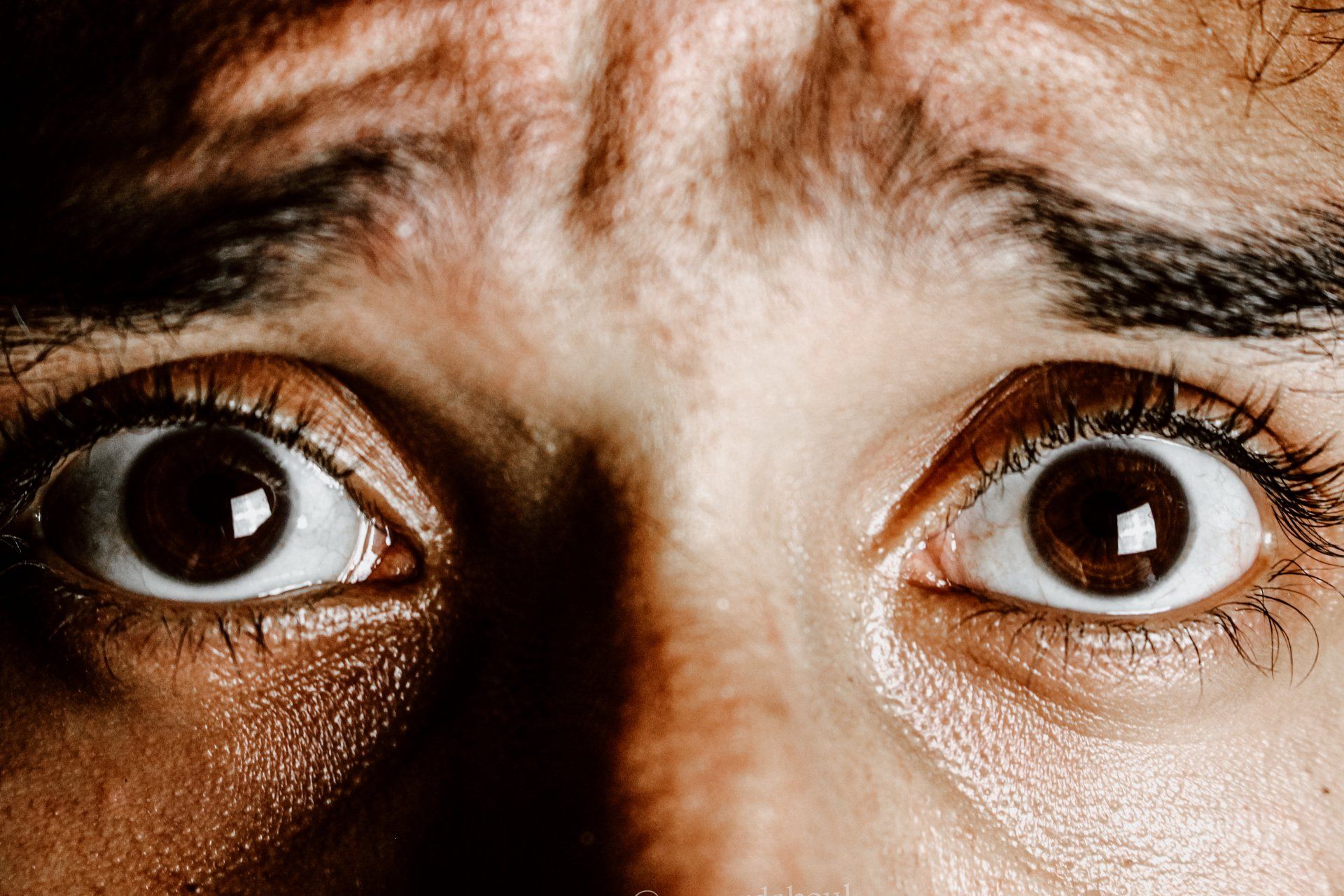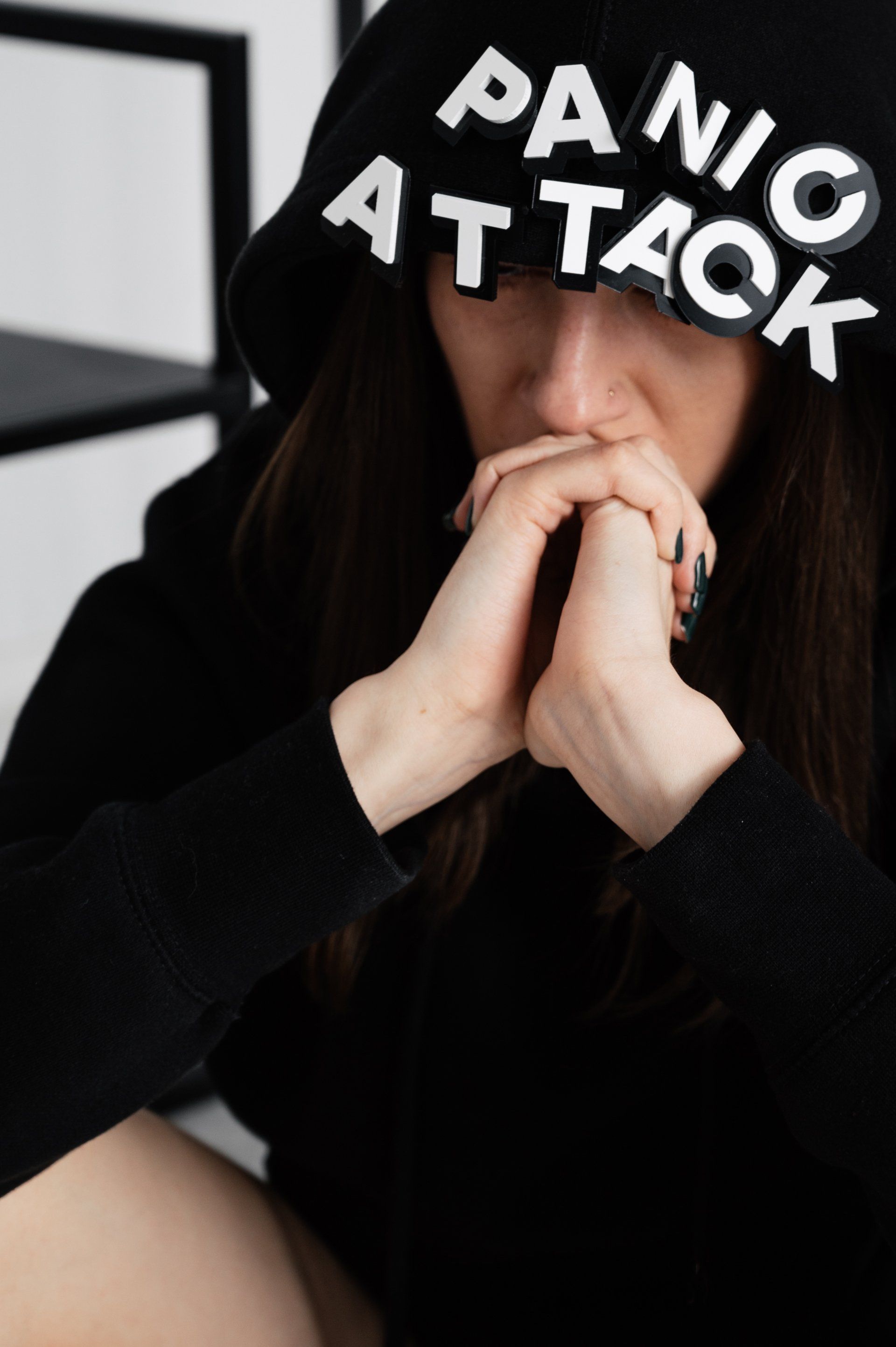Panic attack relief - using the power of the placebo effect
If you are reading this page of the website the chances are that you know someone close to you who suffers from panic disorder or suffer yourself. You will understand how debilitating panic attacks can be for the individual concerned and how distressing the disorder is to those close to a victim of panic. You're probably looking for panic attack relief - there is evidence that some sufferers of panic attacks can benefit from placebo treatment.
When a panic attack strikes intense physical and psychological symptoms present themselves to the victim. They are very frightening and often happen without warning and for no obvious reason. The panic attack victim may feel an overwhelming sense of terror and unreality, as if they are not part of the real world around them. Along with the psychological symptoms, the sufferer may experience physical manifestations like palpitations (irregular heart beats), sweating, shaking, being out of breath, choking sensations, chest pain and feeling billious. The physical symptoms then play on the mind and the victim often starts to catastrophise the symptoms - palpitations must be a heart attack, light headedness must be a stroke. A vicious cycle is put into play which can be very difficult to break free from.
The physical symptoms of a panic attack are caused by the body going into "fight or flight" mode in response to an environmental stimulus or dark thought that is perceived to be a threat. The body tries to take in more oxygen and breathing quickens. In response to the imagined threat the body releases hormones, most commonly adrenaline, causing the heart to beat faster and muscles to tense up. Reasons why panic attacks take hold of an individual can be for: stress, depression, lack of self-esteem or childhood trauma or many other triggers.
Recognised self help methods for panic relief include learning relaxation techniques, eating regular meals, exercising and avoiding caffeine, alcohol and smoking all of which can make panic attacks worse. These are fine but for some, developing coping strategies that help to relieve the anxiety might need some form of ritual - yoga, meditation or prayer. Using a placebo pill, even when the patient knows it is a placebo,1can become part of a coping regime that can be undertaken quickly and easily in a public place.





